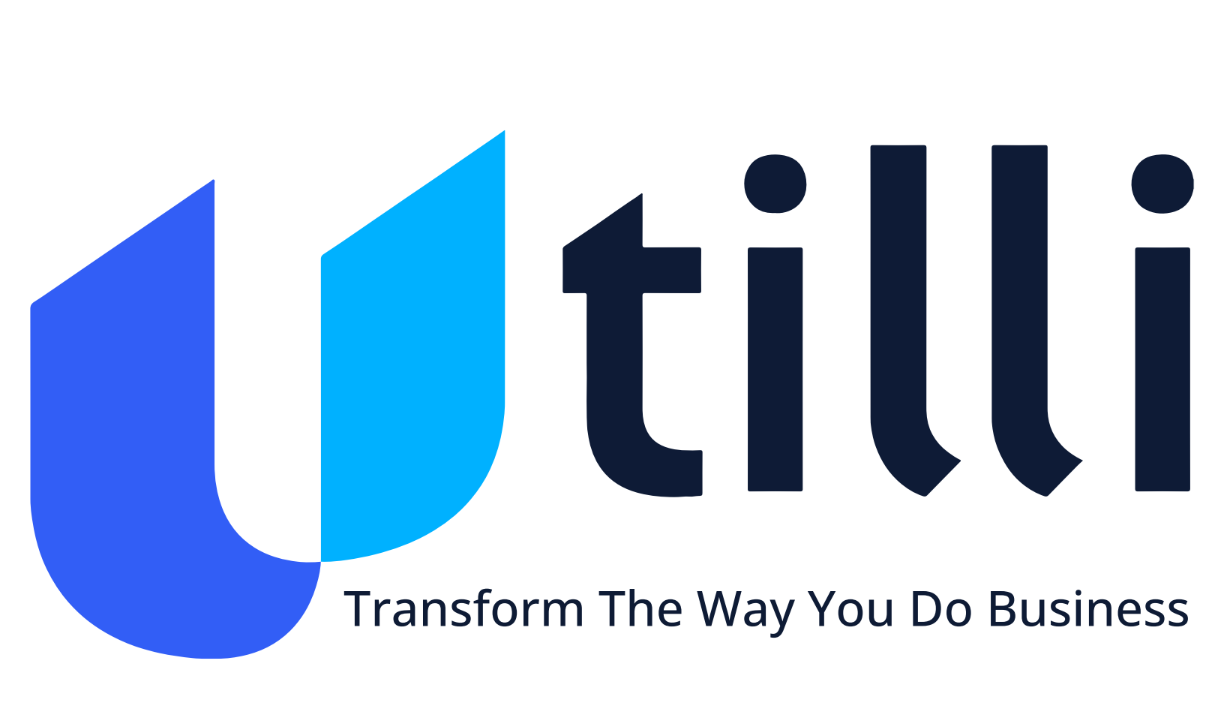This is Part Three in my series concerning cryptocurrency and the utility industry. You can find Part One here and Part Two here.
As bitcoin makes headlines, time and time again, people are starting to take seriously the potential inherent in cryptocurrency. Ethereum, Tether, Litecoin, and others haven’t reached the same mainstream ubiquity as Bitcoin has. Still, as cryptocurrency continues to attract celebrities and respectable financial institutions, we need to look seriously at the implications.
I’m an advocate for bitcoin’s mainstream adoption, talking about it at great length with friends, colleagues, and in my articles. But I understand that there are hurdles we need to jump before crypto can compete with any type of fiat currency. These are the three significant limitations of Bitcoin as payment for utilities.
Regulations and Compliances
There are 57 overseas territories and 193 nation-states. Between each lies numerous electric, water, and gas systems, grids, and networks of pipes, all of which have their own technologies, regulations, compliance needs, and government oversight. In the U.S., the laws are maintained at the state level, offering variations in compliance needs and commission requirements across each one of them. For these utilities to accept cryptocurrencies in the form of payment in exchange for the commodity they sell/service, it could require an act of God. Or, at least, acceptance of crypto assets as a suitable and acceptable alternative tender by everyone — especially their customers, the financial institutions they work with, the governments they report to, and the commissions that constantly moderate them.
Adoption and User Behavior
One of the biggest obstacles for anything concerning an exchange is enough people adopting that mode of exchange to make it viable. Some people think that bitcoin is in the fourth stage of adoption, the trial period where people start dabbling in the product and make or break the adoption of bitcoin. Still, user behavior is a challenge. This isn’t so much of a new product as it is a complete cultural paradigm shift in how we think and use currencies.
Despite the surge in stocks, media attention, and instantaneous transactions, people are continuously shying away from using bitcoin. First, it takes a bit of tech-savviness to set up a digital wallet. Second, the comfort level with the new currency is shaky at best and downright terrifying at worst.
I’m still optimistic. How did we move from bartering to the gold standard? Then, to cash? Then, to credit options? We’re constantly innovating and improving our situations. I’d be hard-pressed to think that we won’t be able to do it again!
Security Issues
Perhaps most importantly, securing the darn “digital coin” from cyber thieves is an art by itself. A crypto coin cannot be seen, felt, or smelled like a crisp green dollar note; however, it can be put away securely in a safe, limiting its transact-ability! Several options exist that allow for offline storage of your public and private keys, which prevent online exposure and potential theft. Each comes with its own risk-benefit, and none of which is common knowledge and very unnerving when it comes to safeguarding the asset. And once a coin is lost, I’ll be blunt: the art of recovering your lost cryptocurrency is as flaky as it is to recover cash stolen out of your wallet. Sophisticated hackers exploit the best parts of bitcoin — decentralization, and anonymity — for their own gain through several security imperfections.
As more users jump on the train, we will inevitably see more scams, hacks, and fraud cases pop up. This, coupled with the fact that there are no remediation policies in place — like chargebacks or refunds that credit cards have — leaves room for improvement on the security front.
Accounting and Taxes
Accepting cryptocurrencies from customers is one aspect of the payment process. The other elements that would need to be reviewed and signed off from a business perspective for a utility are accounting, hedging, and investments. Utilities that accept or invest in cryptocurrency will need to make an effort to understand the changing regulatory environment and will also need to factor in the tax and accounting obligations that will be required of them. The IRS released IRS Notice 2014-21 in 2014, declaring that for U.S. income tax purposes, a cryptocurrency is the property and not a currency. This means that the character of the stored virtual currency should be treated as business property, investment property, or other property. Therefore, the general U.S. tax principles that apply to any property transaction should be used to exchange cryptocurrencies.
Technology
While technology is the eager enabler for business problems and requirements, it needs to evolve where central ERP systems used globally by the utilities around the world can accommodate acceptance of a virtual currency — one that is treated as a property in some countries and as a currency in others — as a payment method. These ERP systems will need to provide acceptable processes, methods, and reports to assist with billing, collection, returns, refunds, chargebacks, payouts, disbursement, profit, and investments.
Value Fluctuation
If you haven’t been living under a rock, you’ve seen cryptocurrency prices rising on the stock market the past few years. But the upswings and crashes sow discord among mainstream users and delegitimize bitcoin as an acceptable currency. With value, fluctuations come financial accountability and potential tax implications for the utilities that are challenging and need to be built around a strong business strategy and committed around a deliberate financial transformation. Still, advocates like myself see the potential and predict the widespread acceptance of bitcoin, even if fiat currency is here to stay!
Product
Nudge
tilliX
tilliPay
Industries
Utilities
Banking & Finance
Telecommunications
And more...
Company
About Us
Careers
Services
Resources
Case Studies
Blog
Support
Request a Demo
Start Free Trial
Contact
Developers
tilliPay
Documentation
API Reference
Nudge
Documentation
API Reference

Follow Us On Social:

Product
Nudge
tilliX
tilliPay
INDUSTRIES
Utilities
Banking & Finance
Telecommunications
And more...
Company
Services
Resources
Case Studies
Articles
Support
Request a Demo
Start Free Trial
Contact
Developers
tillipay
Documentation
API Reference
Nudge
Documentation
API Reference
Follow Us On Social



 Shabbir Gilani
Shabbir Gilani
 Shahid Husain
Shahid Husain Raja Gopal Vemuri
Raja Gopal Vemuri Ali Saberi
Ali Saberi